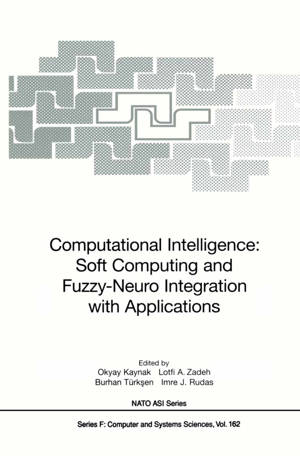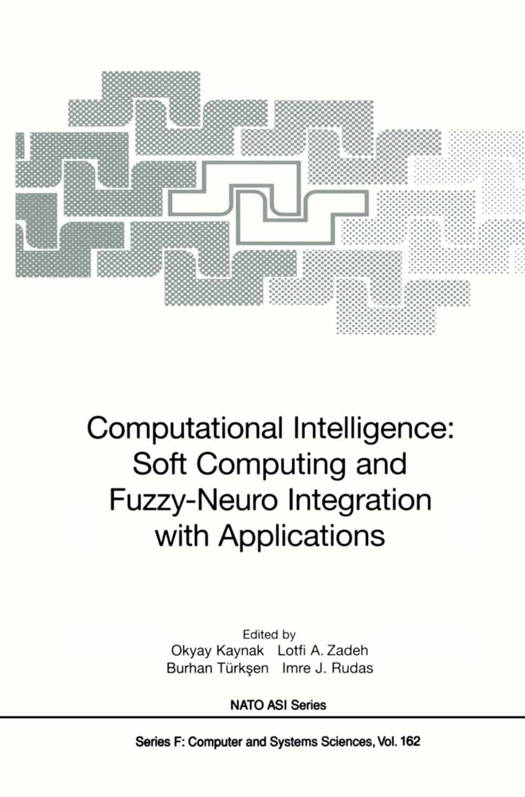
- Afhalen na 1 uur in een winkel met voorraad
- Gratis thuislevering in België vanaf € 30
- Ruim aanbod met 7 miljoen producten
- Afhalen na 1 uur in een winkel met voorraad
- Gratis thuislevering in België vanaf € 30
- Ruim aanbod met 7 miljoen producten
Zoeken
Computational Intelligence: Soft Computing and Fuzzy-Neuro Integration with Applications
€ 158,45
+ 316 punten
Omschrijving
Soft computing is a consortium of computing methodologies that provide a foundation for the conception, design, and deployment of intelligent systems and aims to formalize the human ability to make rational decisions in an environment of uncertainty and imprecision. This book is based on a NATO Advanced Study Institute held in 1996 on soft computing and its applications. The distinguished contributors consider the principal constituents of soft computing, namely fuzzy logic, neurocomputing, genetic computing, and probabilistic reasoning, the relations between them, and their fusion in industrial applications. Two areas emphasized in the book are how to achieve a synergistic combination of the main constituents of soft computing and how the combination can be used to achieve a high Machine Intelligence Quotient.
Specificaties
Betrokkenen
- Uitgeverij:
Inhoud
- Aantal bladzijden:
- 542
- Taal:
- Engels
- Reeks:
- Reeksnummer:
- nr. 162
Eigenschappen
- Productcode (EAN):
- 9783642637964
- Verschijningsdatum:
- 13/11/2012
- Uitvoering:
- Paperback
- Formaat:
- Trade paperback (VS)
- Afmetingen:
- 156 mm x 234 mm
- Gewicht:
- 771 g

Alleen bij Standaard Boekhandel
+ 316 punten op je klantenkaart van Standaard Boekhandel
Beoordelingen
We publiceren alleen reviews die voldoen aan de voorwaarden voor reviews. Bekijk onze voorwaarden voor reviews.










